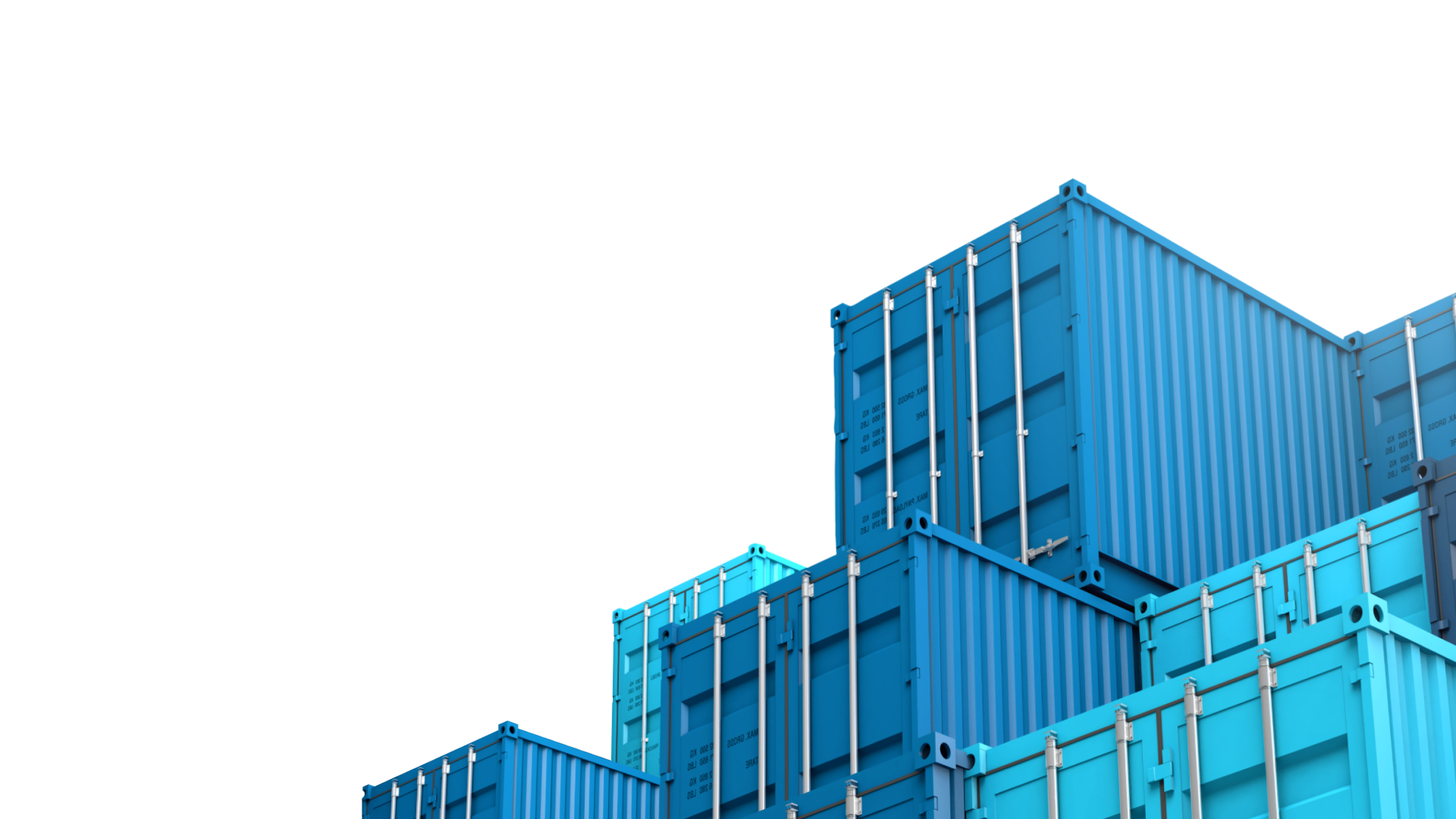How would you describe the key benefits of an Integrated Supply Chain?
An integrated supply chain enables the companies involved to help each other, to develop together on the basis of existing best practices and to optimise efficiency and productivity holistically rather than singularly. In this way, processes can be made more efficient through the joint exchange of information, duplication of work can be avoided and, through the exchange in real time, processes can be made much more efficient and productive in both the short and long term. By centralising the data, all companies involved always have the same and current information status through real-time updates.
This in turn significantly improves the accuracy of both demand and sales forecasts and reduces the risk of overproduction. Transparency across company boundaries enables the localisation of inefficiencies and waste in processes. As a result, wasted money and resources in the supply chain can be eliminated and allocated to value-adding processes, which has a positive impact on the success of all companies.
Close cooperation across value creation stages and the resulting detailed knowledge of upstream and/or downstream processes can lead to innovative, creative approaches or unique selling propositions with which companies can clearly differentiate themselves from their market competitors.
 Dr. Heiko Rauscher
Dr. Heiko RauscherSenior Partner





























